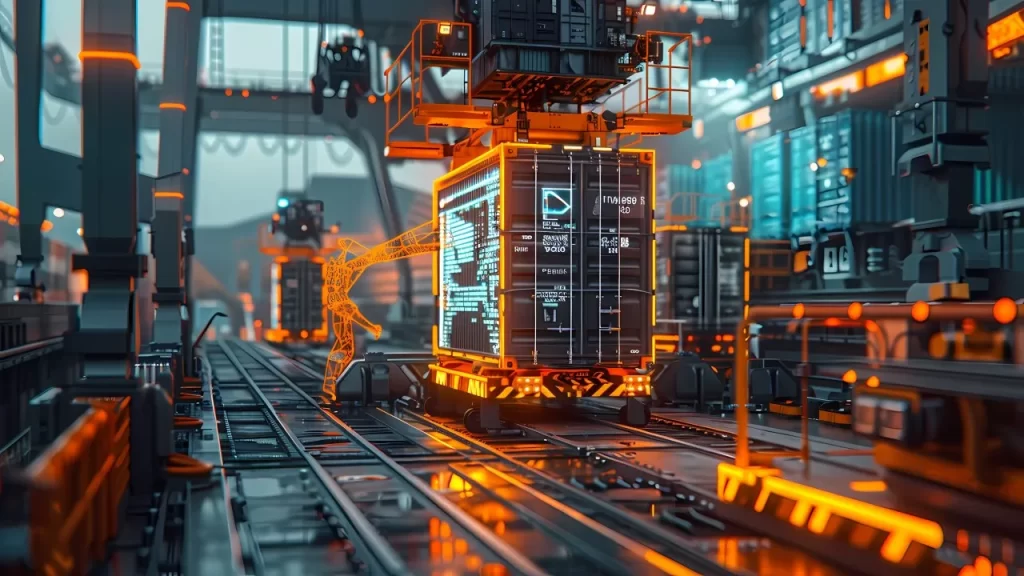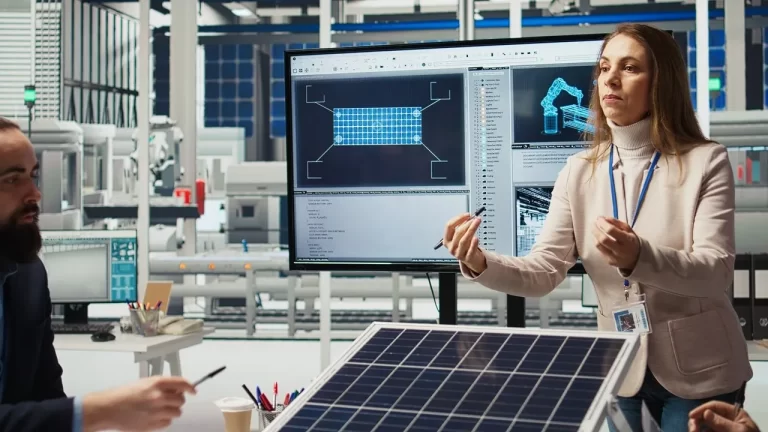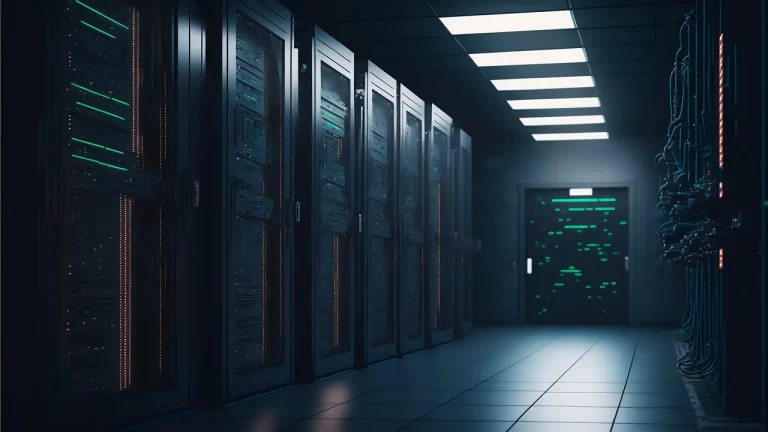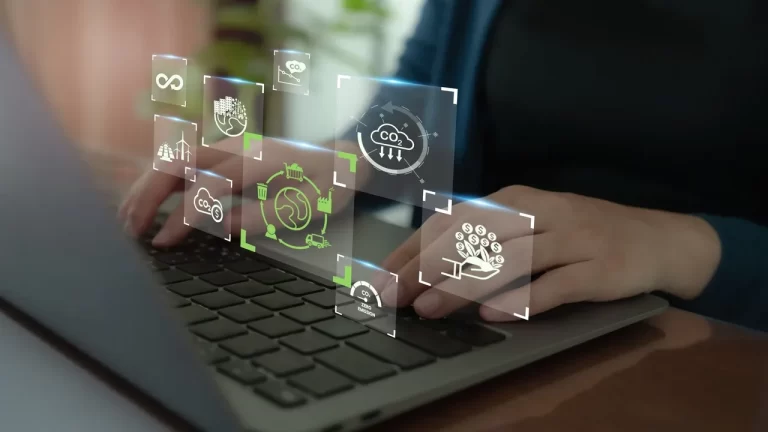Today information data centers ranging from cloud based storage to artificial intelligence depend on data centers. They consume massive amounts of electricity, and that demand is only expected to grow. As power grid delays and pressures continue to mount, data center companies have started seeking various sources to get their energy from. As such, they are opting to develop their own power solutions instead of relying solely on the public grid. It is revolutionizing the way of operations of the data center industry and assisting to maintain the availability of the internet and cloud services.
The Challenge of Relying on the Power Grid
Most of the data centers rely on electricity drawn from the main power supply grid for powering various operations. In many cases, the grid is struggling to keep up with demand because more and more centers are being established while technologies such as Artificial Intelligence require even higher power. In countries like the UK and the individual states in the US, for instance, developers take several years to join the grid. Such delays are not only frustrating but also detrimental to the efficient performance of critical digital services. For instance, some data center operators are now in a situation where their only option is to use alternative power sources, such as gas-powered generators.
Another major issue is that the grid infrastructure is outdated and overstressed. In many areas, power delivery in the form of power lines and/or transformers was not originally designed to accommodate the prevailing and increasing demand emanating from HSCs. This means that there are more blackouts or restrictions of the amount of power centres can draw at an instance. That is not good for organizations requiring constant availability and do not have any room for any second of downtime.
The best way of achieving this has been for many companies to emerge from the waiting for the utility companies to play catch-up. Some are making historical decisions to go directly to bypassing the grid. Some are developing their own fossil-fuel-based power generation systems or partnering with independent power producers, that is what they are willing to do in order to ensure continuity of operations for their businesses.
Building On-Site Power Systems for Energy Independence
To avoid falling into this situation, the majority of the data centers are now developing their own power systems. These systems, known as on-site generation or microgrids, operate independently from the main grid. A microgrid is an independent power system and it has generators, batteries and even has solar power; they function independently of the main grid power. VoltaGrid is one of such companies that supply mobile natural gas power plants providing consistent and scalable electricity to data centers.
The use of microgrids provides data centers with added control in the light of energy. They can easily manage all of them without having to rely on some power stations many kilometers away and long power transmission lines. It also makes the system more effective and cost efficient in the long term since it eliminates time and money wastage. Also, by using smart software, the operators are able to monitor energy usage in real time and optimize consumption accordingly.
Some of the microgrids are even integrated with renewable energy sources. For instance, integrating PV installation with battery systems enables data centers to operate sustainably and continuously during outage events. It is especially cherished at the moment since this approach helps to achieve such valuable principles as reliability and sustainability simultaneously.
Using New and Green Technologies for Power
With carbon emissions under increasing scrutiny, some data center operators are turning to innovative new solutions. Many new technologies have already been adopted and should be noted; however, the most significant development using innovative technologies is the implementation of hydrogen fuel cells. Some organisations such as ECL are still putting up data centres where power is generated through hydrogen, a product of electricity from renewable sources without any release of any gas to the atmosphere. These fuel cells generate electricity quietly and efficiently, and they are capable of being operated independently of the electrical networks.
Another idea is to look for nuclear power supply as a source of energy. Some of the tech giants are planning to have the small modular nuclear reactors at their site or acquire the power directly from a nuclear power plant. If properly implemented, nuclear energy provides the steady and carbon-free watts that the nearly insatiable demand of data centers want. Nevertheless, there remains a set of issues, such as the reception of the authorities and their regulations, as well as individuals’ concerns relating to safety.
Besides those, some startups are developing mobile micro power plants using 3D-printed modular energy units that can be rapidly deployed and generate electrical power locally. Such systems can prove beneficial to the small data centers that may be located in remote areas or areas of poor electric supply. The focus is obvious: to create a smarter, cleaner and more flexible energy system, which does not include the conventional grid.
The Future of Energy in the Data Center World
Due to the continuous growth of the digital economy, there is a need for the data center to be more resilient as well as energy efficient. It is no longer just a trend that has shifted—it is slowly turning into a necessity. Thus, constructing their own power plants, data centers safeguard themselves from getting stuck in line, suffering from power outages, as well as increasing costs of electricity. This is not about simply keeping the company’s doors open; it is about maintaining the company in a rapidly technological age.
This indicates that companies who are investing in the Independent and renewable energy now shall be the future market leaders. They are not only fixing problems of the current fragile world but are gearing up for the future as well. Data centers are also drawing attention from governments and communities as they may eventually provide a model of how energy could be handled in other sectors.
It is also here where other benefits of avoiding the power grid will presumably overshadow the drawbacks. Granting more freedom and independence to data centers is more beneficial in this case than the challenges of bypassing traditional grid infrastructure. Possible hurdles include financing, maintaining up to date computer systems, and environmental standards, but there is a general course ahead. The advancement towards more self-sufficiency, efficiency as well as effectiveness is the new trend in the data center industry.







